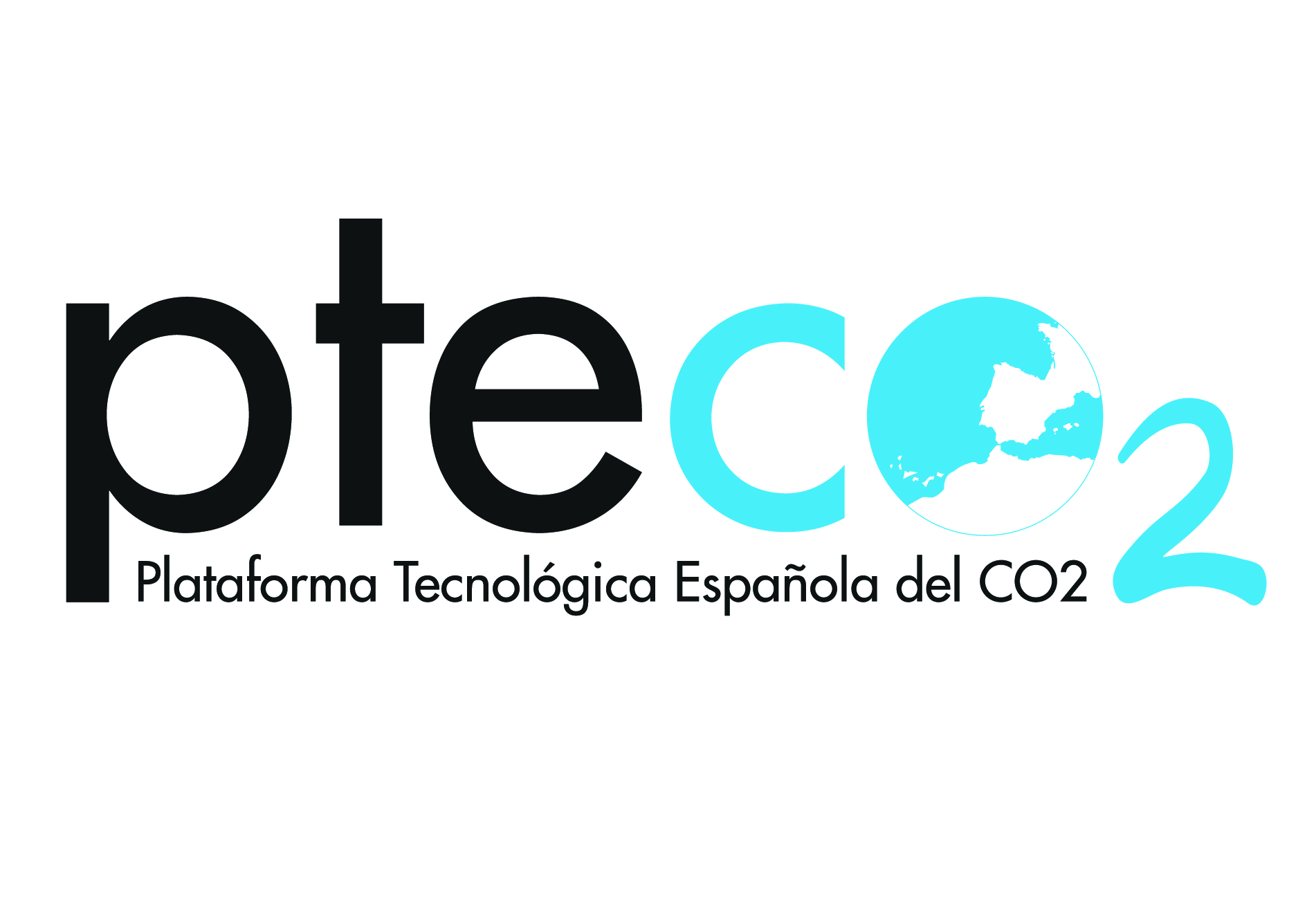In 2015, the Paris Agreement set a goal of limiting global temperature rise to 1.5°C by the end of the century, a commitment scientifically supported by the IPCC's 2018 Special Report on Global Warming. To achieve this, it is essential to achieve net-zero emissions by 2050, which not only requires reducing emissions, but also removing some of the CO₂ already present in the atmosphere through CO2 capture technologies.
The Repsol Foundation Energy Transition Chair at the Universitat Rovira i Virgili is organizing this webinar that will analyze the most recent advances in CO₂ capture technologies, their role in the decarbonization of sectors that are difficult to electrify, and the technical, economic, and regulatory challenges they still face.
Speakers:
Fèlix Llovell
Director of the Repsol Foundation Chair in Energy Transition at URV on CO₂ Capture and Utilization
Ruth Yerga
Head of the Chair Network at Fundación Repsol
Andrea Ramírez
Professor and Head of the Department of Chemical Engineering at the Technical University of Delft
Javier Menéndez
Primary conversion Sr. scientist en Repsol
Oriol Vilaseca
Director at Vilaseca Consultors
Antonio Cases
Director of Corporate Affairs for Western Europe at Cemex
Co-organizers


Downloadable documents
Presentation by Fèlix Llovell
see PDF (3 MB)Presentation by Andrea Ramirez
see PDF (2 MB)Presentation by Javier Menéndez
see PDF (2 MB)Presentation by Oriol Vilaseca
see PDF (9 MB)Presentation by Antonio Cases
see PDF (0 MB)Access My Open Room.
To access the content you must first register.
The carbon footprint of this event is offset in a forest on the Iberian Peninsula through Motor Verde.

.jpg)
.jpg)

%20(2).jpg)